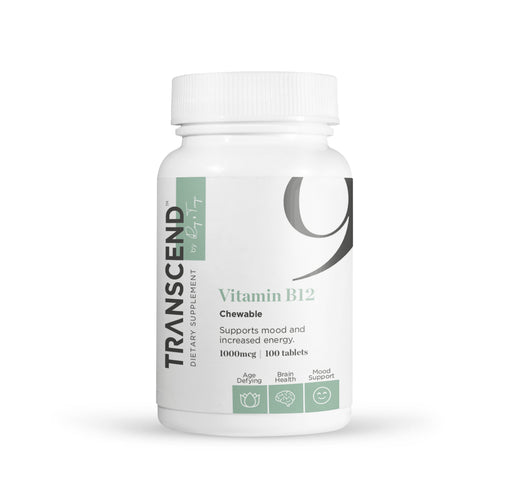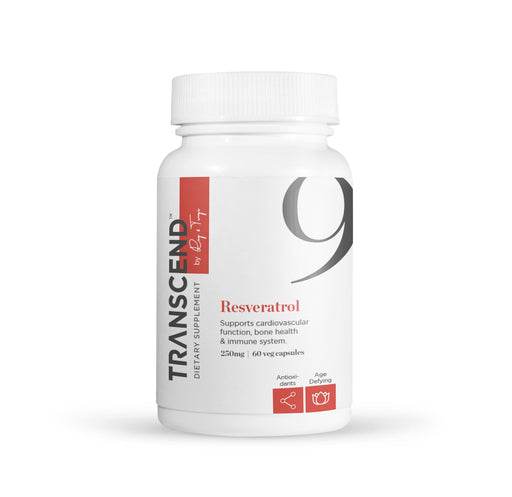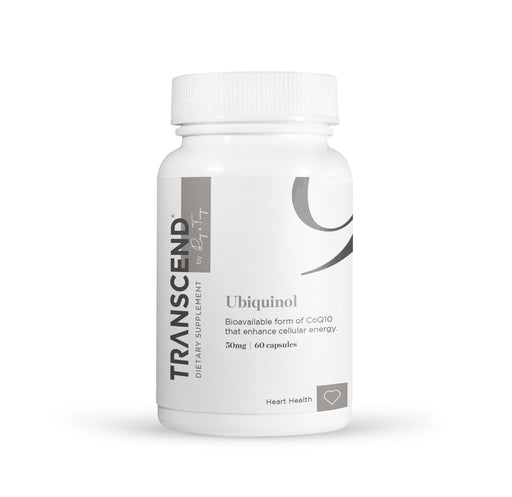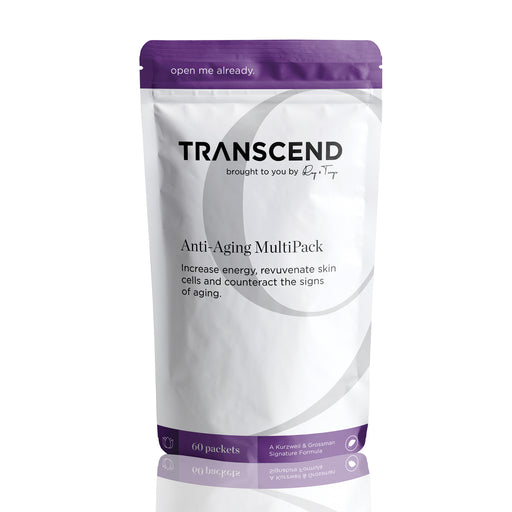
Vitamin B-12, Sublingual
Increased energy Improve mood Fight fatigue Common deficiency Better absorption Vitamin B12 (also called cobalamin) is one of eight water-solu...
View full details
The best way to lead a healthy life is to follow a balanced diet that’s rich in natural foods and vegetables. Consuming all of the food groups throughout the day is ideal since we know that a well-balanced diet means getting more nutrients. It is unlikely that the average adult gets their daily nutrient requirements based on their diet alone, though. This is where vitamins come into play.
Adding vitamins into your daily routine and diet can help build a healthier body and help us all manage our health. Nutrients are essential to human health, and when we’re low on them, our bodies let us know with little signs ranging from hair loss to calf cramps. On a more serious note, a lack of vitamins can be so detrimental that a person can even lose their eyesight. Because we don’t typically get enough nutrients throughout the day, vitamins are a necessary addition to create a healthy diet and body.
What Are Vitamins?
Vitamins are organic compounds that are needed in small quantities to sustain life. Our bodies don’t produce enough–or any–vitamins, so the majority of them need to come from food, and when that is insufficient, we take vitamin supplements. Different vitamins have different purposes and benefits, and when used in combination (like Vitamin D paired with calcium), the more likely we are to get all of the necessary nutrients.
Two Types of Vitamins
Fat-Soluble vitamins live in the body’s fatty tissue. These kinds of vitamins are more easily absorbed by the body when there’s dietary fat. Examples of fat-soluble vitamins include:
Water-Soluble vitamins cannot be stored in the body. Our bodies keep a small reserve of water-soluble vitamins, so it’s essential to take them regularly to avoid a shortage in the body. When there are any leftover water-soluble vitamins, they leave the body through urine. The only vitamin of this type that can be stored in the liver for many years is vitamin B-12. More examples of water-soluble vitamins include:
Get your TRANSCEND Vitamin MultiPack today!
Why Vitamins Should be Part of Your Daily Diet
With age, our natural production of vitamins slows, leading to deficiency in fundamental nutrients. A lot of the symptoms of aging are similar to those of a lack of B-12, which is why so many (15%) of adults who are deficient in this vitamin aren’t aware of it and often overlook the symptoms.
Vitamins have a more significant impact on our health than we usually acknowledge. The Physician’s Health Study II successfully identified the role that vitamins play in disease prevention and overall health. The study found that men who took a daily multivitamin for 11 years had a lower risk of cancer by 8% and a 9% lower risk of cataracts compared to a placebo group.
Daily intake of multivitamins helps build the immune system to combat any toxins or germs that the body encounters.
Understanding Specific Vitamins
Vitamin B2 & B3: Increases energy and metabolism, helps the nervous system grow stronger, skin health, and digestive system.
Vitamin B-12 & B-6: Help with red blood cell production and energy production, protein metabolism, cognitive development, and improved function of the nervous system.
Vitamin D: Can improve bone health through the absorption of calcium stored in bones.
Vitamin C: Helps with the development and repair of all body tissues, with the formation of collagen, absorption of iron, the immune system, and wound healing.
Watch Dr. Terry Grossman explain the benefits of vitamins and supplements!
Building a Healthier Life
Osteoporosis is common among aging men and women, proving that they could both benefit from nutrients that help maintain bone strength and health. It’s evident that if we manage our health correctly as early as we can, the longer that we are likely to live. By getting ahead of nutrient deficiency, daily vitamin supplementation can help the process of aging.
Before making any decisions, follow step number one of the 9 steps of TRANSCEND, and talk to your doctor to find out which supplements would be best for you.

Increased energy Improve mood Fight fatigue Common deficiency Better absorption Vitamin B12 (also called cobalamin) is one of eight water-solu...
View full details
Combat internal aging Protect cells from radiation damage Increase antioxidant capacity Take with lecithin for better absorption Optimal dose for...
View full details
2022 update: Future batches of this product will use a Ubiquinol product that is a greenish capsule rather than a red softgel Bioavailable form o...
View full details
A Kurzweil + Grossman Formula Continued Synergy between Science and Convenience Convenient dosage packets Top anti-aging products Increase energy...
View full details
Leave a comment